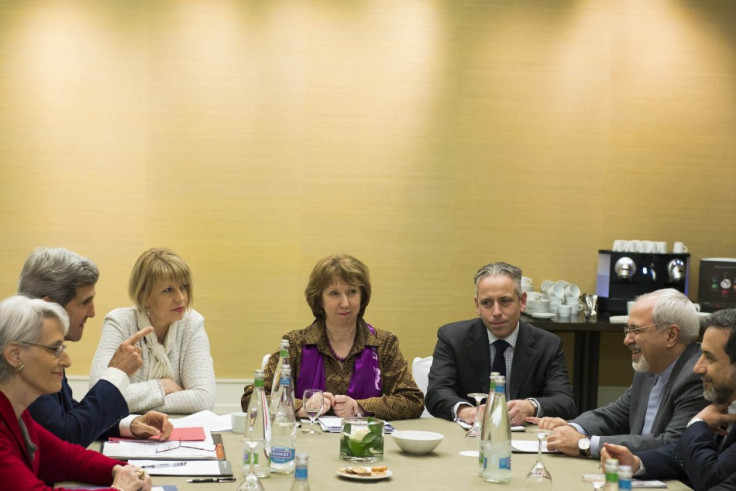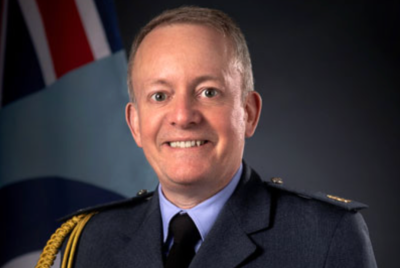Israel to Launch Campaign against Nuclear Deal with Iran
Iran set to hold next round of talks with P5+1 members on 20 November

Israel plans to carry out a diplomatic campaign to ensure the western powers don't make a "historic mistake" and sign a nuclear deal with Iran.
That is according to a senior Israeli official cited by the Jerusalem Post, in an article published after talks between Iran and the 'P5+1' bloc of western nations concluded in Geneva.
Delegates discussed an interim deal, whereby Iran would suspend most of its nuclear enrichment for six months in exchange for a reduction in sanctions. However, the various parties could not reach an agreement during two days of discussions.
Reports suggest that the powers failed to agree on the closure of the Arak nuclear plant in southeast of Tehran, and a clear timeframe for the suspension of Iran's nuclear enrichment.
The talks will resume on November 20. According to the JPost, Israel will use this time to reassert its case against the deal.
Israel's Defence Minister Moshe Ya'alon described the interim agreement as a "historic mistake", while Prime Minister Benjamin Netanyahu earlier called it a "very very bad deal" for the world.
According to ministers in Jerusalem, their view is shared by sections of the P5+1 - which comprises Britain, France, China, Russia, Germany and the US.
"Some important people inside the P5+1 share our perspective and are anxious about the direction this is going," said the Israeli official cited by the JPost.
"From the start, France wanted an agreement to the important question of Iran's nuclear programme. The Geneva meeting allowed us to advance but we were not able to conclude because there are still some questions to be addressed," French Foreign Minister Laurent Fabius told reporters.
US Secretary of State John Kerry said: "There is no question in my mind that we are closer now as we leave Geneva than we were when we came and that with good work and good faith over the course of the next weeks, we can, in fact, secure our goal.
"We came to Geneva to narrow the differences and I can tell you without any exaggeration we ... narrowed the differences and clarified those that remain."
Iranian Foreign Minister Mohammad Javad Zarif said: "I'm not disappointed at all because the meeting we just had, very long, running after midnight, was a good meeting. We are working together and hopefully we will be able to reach an agreement when we meet again."
© Copyright IBTimes 2025. All rights reserved.




















